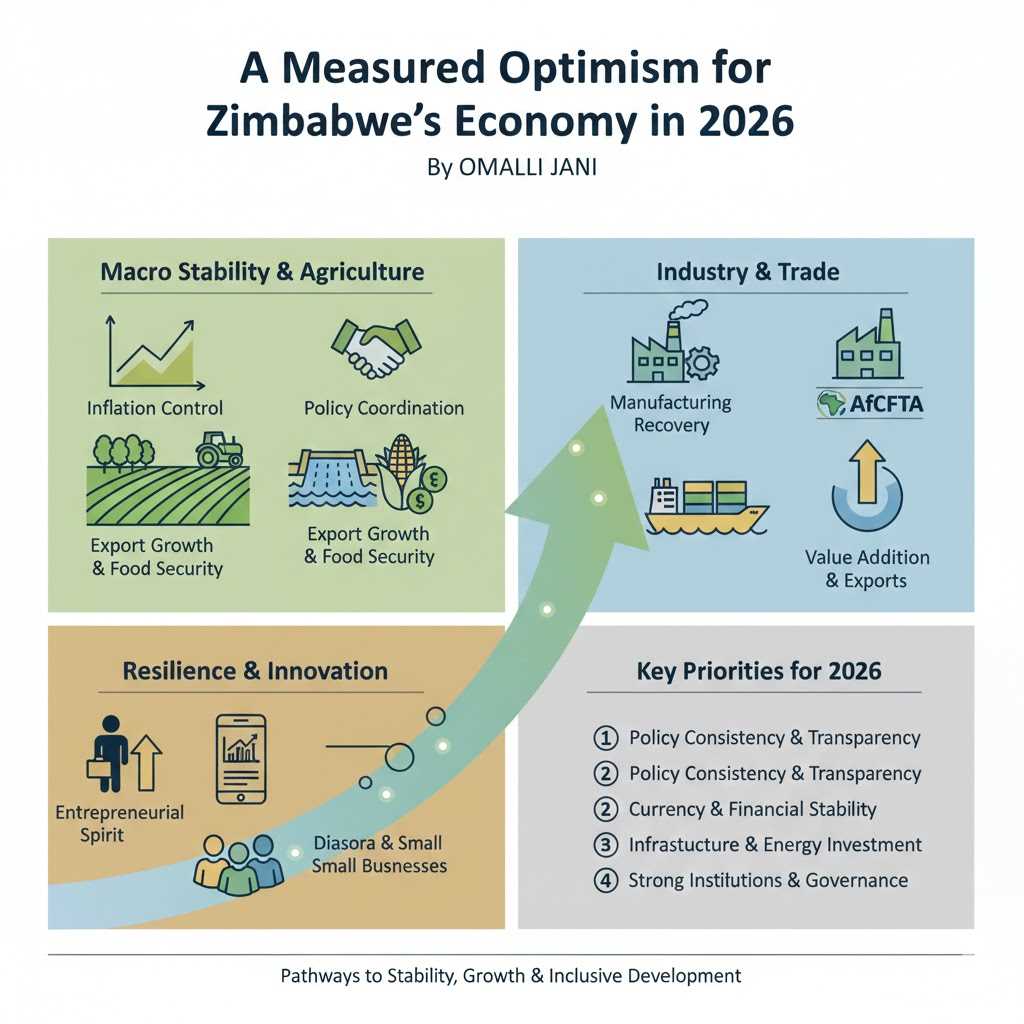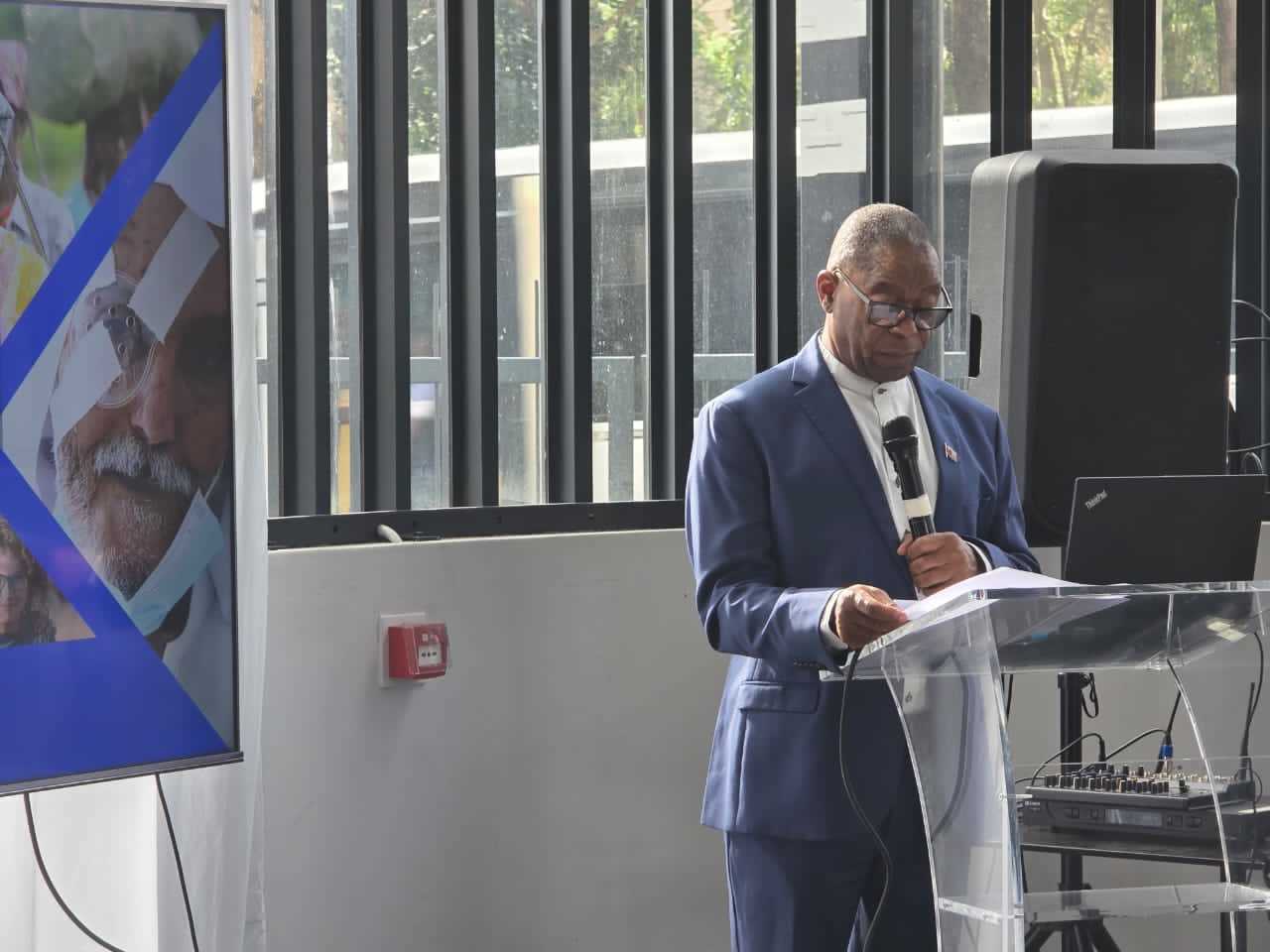
Mlondolozi Ndlovu
With the advancement of technology and the spread of Artifical Intelligence in all spheres of life, it is critical to look at its role in Zimbabwean journalism.
AI has had several impacts in the world and without any doubt will have positive and negative impacts in the world of journalism, which impacts will be discussed below.
Positive impacts
Coverage of remote areas /under reported stories
Currently in some parts of Zimbabwe and Africa at large, there are areas which are under reported owing to various reasons.
With the introduction of AI there will be a wider and larger coverage of under reported areas and stories. AI will be the solution to why some stories and regions are under reported or unreported. AI will be able to reach remote areas or areas that are not easy to reach, it can offer automated translation of international news to reach a wider and broader audience.
Fact Checking
Spread of false information has been rampant in Africa.
People do not have access to an all ready system where they can verify any news that they receive, they are vulnerable to misinformation. AI will therefore be useful in assisting with fact checking and therefore combat spread of false information. AI can analyze texts for inconsistencies, identify patterns in data and verify information against trusted sources, something human journalists cannot do.
Therefore using these techniques, AI is or will be able to pick any false information before it reaches the audience. It will make the fact finding process quicker and more efficient as it can check multiple sources simultaneously and can verify information in real time, improved news or information accuracy.
Election reporting process
Having discussed the reduced risks of spread of false information with the assistance of AI, AI will also greatly improve the election reporting process not only in Zimbabwe but in Africa at large. The current election reporting process in Zimbabwe can be interfered with, manipulated or corrupted. Ai will make the reporting process efficient, transparent and accurate. It will be able to generate reports on election results, reducing the workload for journalists and ensuring timely dissemination of information.
It can also fast check information in real time curbing the spread of misinformation and ensuring accuracy of election reporting.
For example, organizations like the Centre for Innovation and Technology (CITE) in Bulawayo, Zimbabwe, are already leveraging AI to improve their reporting. CITE has developed an AI presenter called "Alice" that helps with daily news bulletins, reducing the workload for journalists and increasing efficiency.
Negative impact
Related Stories
Cyber security risks
Although AI can facilitate secure reporting and protect journalists, it's crucial to acknowledge the inherent risks associated with it.
AI systems are susceptible to cyber attacks, which can compromise journalists' safety and expose sensitive information. Furthermore, hacking vulnerabilities may lead to unauthorized access to personal information of sources etc, thereby breaching data privacy.
These risks underscore the need for robust AI security measures and data protection protocols.
Digital exclusion
In Africa, where the digital divide is still widening , introducing AI in journalism in Africa or Zimbabwe may worsen the digital divide, potentially widening the chasm between the technologically empowered and those relegated to the sidelines. As AI-driven journalism advances, it risks further marginalizing underserved communities, perpetuating information poverty, and limiting access to critical news and information.
Having discussed the the impacts of AI on journalism it is important for all relevant stakeholders to be equipped with the right skills and mindset in order to adapt to AI. This can be done in the following ways
Education
Journalists need to be well informed about AI. They have to know and understand it's pros so that they take advantage of them as well as their cons so that they can guard against them. This can be achieved by attending workshops, conferences or online lessons where they can be taught about AI and it's tools.
Dispersing expert AI educators who will teach them how to use AI tools for instance fact-finding tools, and other relevant digital skills. These educational programs will also assist with creating confidence in AI and curb skepticism surrounding it since it is the ignorance of AI which creates such.
Adopting from other countries
As this is something new, it will be important for all stakeholders including newsrooms, media houses to adopt AI techniques and tools used by other journalists in other countries like the US, United Kingdom and many other countries. These countries are the pioneers of AI journalism and Zimbabwe and other African countries can learn from their ways.
Collaboration
The media can collaborate with local universities to introduce new courses which specialize in AI. This will help breed journalists who are already well versed with AI instead of teaching them when they are already on the field. This will require participation of the media team as the universities.
The media will also have to collaborate with Internet providers as well ICT team to ensure smooth transition into AI. They will need proper technology tools and internet. It important therefore for them to ensure that they have the right tools that will enable them to adapt.
It is important for the media to invest in AI development and research in order to access some if not all tool they need for adapting and transitioning to AI journalism. They have to be the 1st to participate before anyone else can.
Mlondolozi Ndlovu is a Zimbabwean media practitioner, media trainer and consultant




















Leave Comments